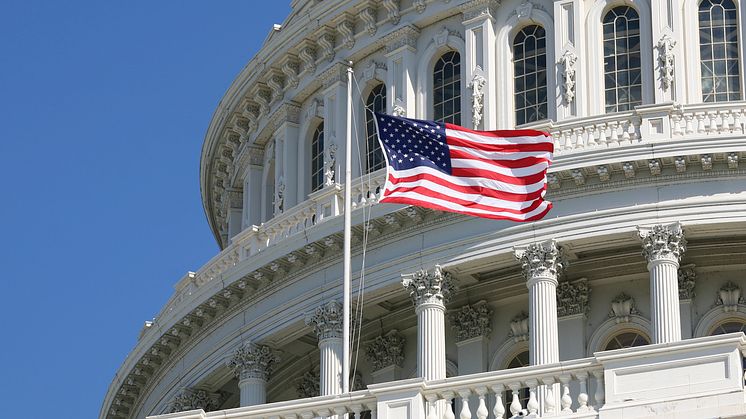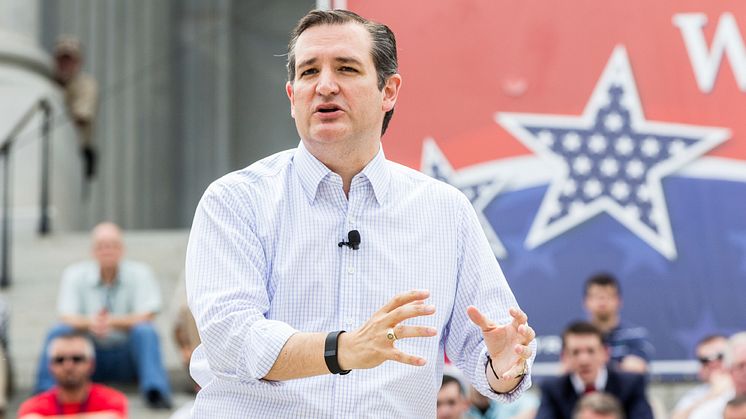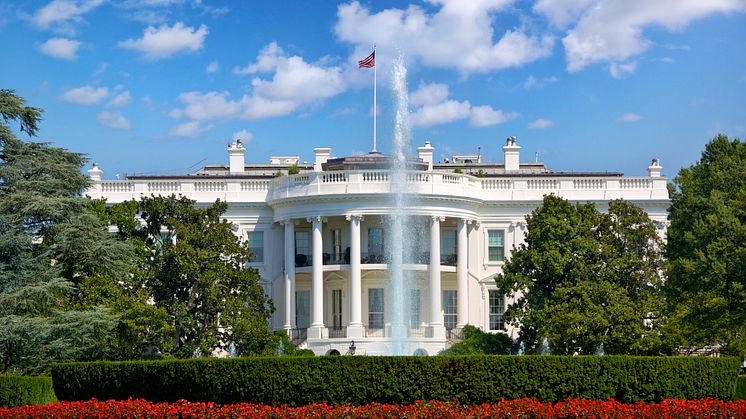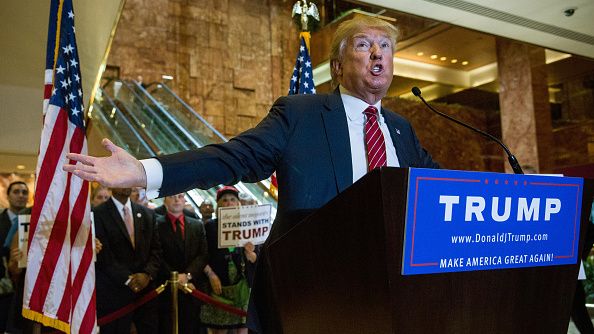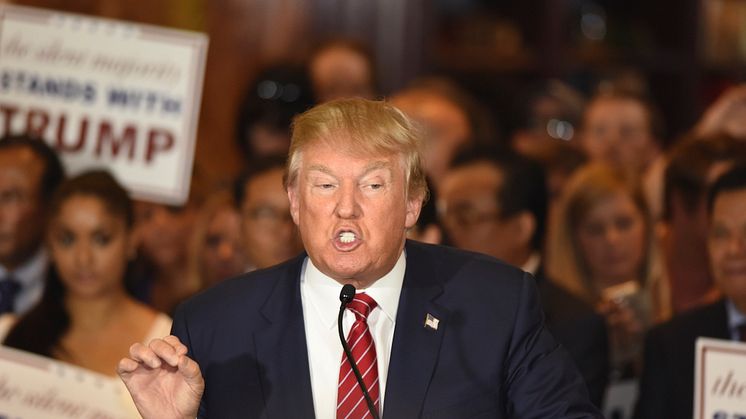
Press release -
COMMENT: Trump crushes Rubio, but fails to shut down the race
Michael Patrick Cullinane, Reader in US History at Northumbria, writes about American politics for The Conversation.
With five more states weighing in, Donald Trump has cemented his status as Republican frontrunner – but he still hasn’t sealed the deal.
Trump netted the lion’s share of delegates available, winning North Carolina, Illinois, and the night’s biggest prize, Florida, where he won by such a humiliating margin that the state’s favourite son, Marco Rubio, suspended his campaign.
But it was hardly a sweep. Conservative hero Ted Cruz, who has already won several states, gave Trump a serious scare in Missouri, while John Kasich won his home state of Ohio. Together, they’ve ensured that an already extended political battle will be a long haul.
Kasich’s survival will be a comfort to the Republican establishment, to whom he’s the only remaining acceptable candidate. But his first win of the primaries, it must feel somewhat pyrrhic: he is, after all, Ohio’s two-term governor, and he still has fewer delegates under his belt than Rubio did when he bowed out.
Nonetheless, by rejecting Trump and keeping Kasich in the race, the voters of Ohio have seriously cut Trump’s chances of clinching the nomination before the national convention this June. Regardless of how team Trump spins the latest rash of contests, without Ohio, it’s now a very tall order for him to muster the 1,237 delegates necessary to clinch the nomination.
Of course, it’s not as if either Cruz or Kasich has a better shot. The fact remains that no-one is likely to gather enough delegates in upcoming primaries and caucuses to win the nomination outright.
To the bitter end
The big winner in all this, of course, is the state of Ohio, which has not only derailed the Trump train but which is set to be the epicenter of the convention battle. When Republicans meet in July to choose a nominee, they will do it in Cleveland, on Ohio’s northern lakeshore. If Kasich can hang on till then, he’ll be on home turf, and given the rarity of brokered conventions, he stands a chance as a compromise candidate.

There’s ample precedent for an Ohioan nominee: eight chief executives have hailed from the state, earning it the nickname the “mother of presidents”, but not since Warren G. Harding sat in the Oval Office from 1921-1923 has an Ohioan lived in the White House. (Funnily enough, Harding was also a compromise candidate that only carried his home state and won the Republican nomination at a brokered convention.)
The big loser in all this is the Republican Party. The overarching theme of this election has been the voters’ rejection of the traditional party’s standard-bearers. A contested convention brokered by the establishment, while possibly the only way of stopping Trump, might only fracture the party even further.
The nub of the dilemma is this: if Trump wins a clear plurality across the nation and the party fails to back him as the nominee, his supporters will bolt. Likewise, if the party formally backs Trump at the convention, it will enter a noxious alliance with the most divisive figure in the US, and will potentially see an exodus of moderates from its voter base.
If Cleveland is where the final decision is made, that will augur ill indeed for the party’s future. And recent history proves just how disastrous contested conventions can be.
The last time the Republican Party went to its national convention without a clear winner from the primaries was 1976, when President Gerald Ford and Ronald Reagan split the delegates, and eventually the party.

When they met at the convention in Kansas City, Reagan promised to choose liberal Pennsylvania Senator Richard Schweiker as his running mate in an effort to unite Republicans – but it backfired. Conservatives who enthusiastically backed Reagan’s anti-establishment campaign abandoned him when he attempted to compromise. Ford won the nomination, but the moderate element of the Republican Party was forever weakened; Reagan stormed to victory in 1980, and transformed the party for good.
Or take 1968, when the Democrats had no clear winner from primary contests. When the party finally nominated the sitting vice-president, Hubert Humphrey, the city of Chicago erupted in violence stoked by political protesters and the police.
It’s impossible to forecast what Cleveland will be like in June. But if Trump hasn’t been stopped by then, and if history is a prophet, expect more party sleight-of-hand: the media has already started picking over the possible ways the GOP could play the event, reminding its audience that pledged delegates are only bound to vote according to primary results for the first and second ballot.
And more worryingly, we can surely expect to see social unrest. As they already did in Chicago only days before Illinois voted, Trump supporters and detractors will do battle in Cleveland. And as can have escaped no-one’s attention during this astonishing electoral cycle, no matter who wins the nomination, the Republican Party will never be the same.
This article was originally published on The Conversation. Read the original article.
Topics
Categories
Northumbria is a research-rich, business-focused, professional university with a global reputation for academic excellence. To find out more about our courses go to www.northumbria.ac.uk
If you have a media enquiry please contact our Media and Communications team at media.communications@northumbria.ac.uk or call 0191 227 4571.







